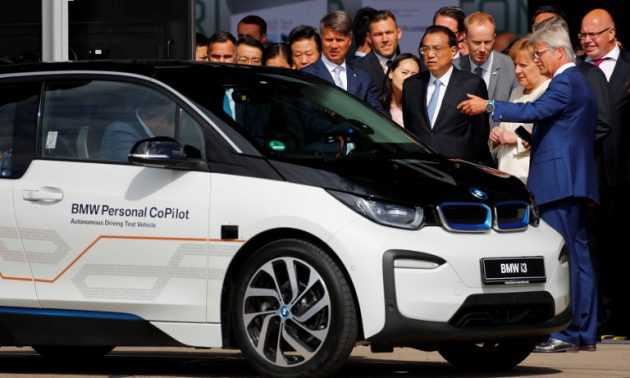China sacrifices domestic carmakers to lure German auto giants
11 July, 2018

China’s domestic automakers were among the worst performers in China’s bear market, with Great Wall Motor down by more than 50% from its October peak. There are many reasons for lower valuations of Chinese automakers; JP Morgan analysts in a report this week cited labor and raw materials price pressures, tougher standards for vehicle emissions, and saturation at the low end of the SUV market, Great Wall’s market segment.
Another factor, though, is China’s decision to cede part of its auto market to German manufacturers, as part of its overall response to the tariff war initiated this month by the Trump Administration. Beijing evidently has decided to let domestic producers take a hit in order to establish closer economic ties with Germany.
Auto shares continued to fall during the past week despite the modest recovery in the Hang Seng China Enterprises Index, though. The last round of weakness coincides with the announcement of major joint ventures between German and Chinese automakers, a response to the tariff war between China and the United States. Great Wall and BMW agreed this week to build an electric version of the Mini. Earlier this week, BMW announced an expansion of its joint venture with Brilliance Auto to produce 519,000 vehicles in China next year. It also announced that it would buy $4.7 billion of batteries from Chinese manufacturer CATL.
Siemens, BASF and Volkswagen also announced major expansion plans in China this week as China’s Vice-Premier Li Keqiang visited Berlin.
